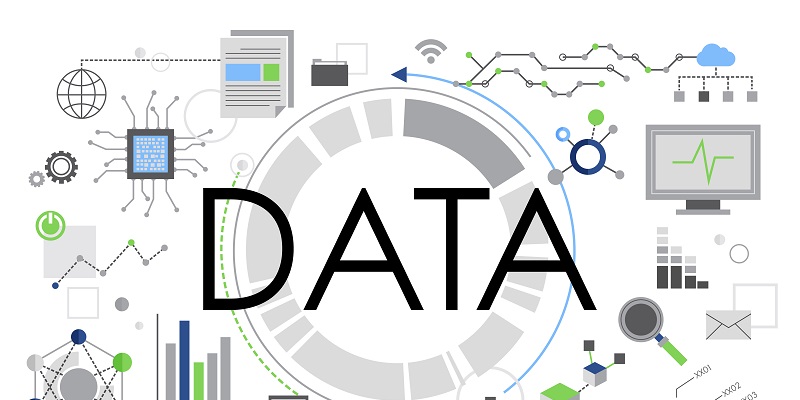In an era where data is abundant and pervasive, the ability to understand and leverage data has become increasingly crucial. Data literacy is not just about knowing how to collect and analyze data; it goes beyond that. It involves comprehending how data can be effectively utilized to guide decision-making. In this article, we explore the various facets of data literacy, its benefits, applications, obstacles, and how it can be improved to drive success in diverse fields.
Benefits of Data Literacy
Data literacy empowers individuals to think critically and approach problems in a structured and analytical manner. By harnessing data, individuals gain the ability to identify patterns, connections, and correlations that may not have been apparent initially. This fosters a culture of evidence-based decision-making and problem-solving.
Empowers users to differentiate between good and bad data
With data literacy comes the capacity to discern between reliable, high-quality data and biased or inaccurate data. It equips users with the skills to evaluate data sources, identify potential biases, and assess data credibility, ensuring data-driven decisions are based on accurate and meaningful information.
Enables identification of trends and patterns for predicting the future
Data literacy allows decision-makers to identify trends, analyze historical patterns, and make informed predictions about future outcomes. By extracting insights from data, organizations and individuals gain a competitive edge, enabling them to adapt and stay ahead of rapidly evolving business landscapes.
Applications of Data Literacy
Data literacy provides marketers with the tools to delve deeper into consumer behavior and preferences. By analyzing and interpreting data, marketers can gain valuable insights into consumer preferences, purchasing patterns, and engagement levels. This enables them to design targeted marketing campaigns, optimize resource allocation, and enhance customer experiences.
As the importance of data continues to grow, employers increasingly value individuals with data literacy skills. Professionals who possess the ability to collect, analyze, and interpret data are in high demand across industries. Data literacy not only enhances career prospects but also opens doors to diverse opportunities and roles within organizations.
Obstacles to Developing Data Literacy Skills
With the abundance of data available, individuals may feel overwhelmed by the sheer volume and complexity of information. Developing data literacy skills involves honing techniques to filter, organize, and process data effectively, mitigating the challenges posed by information overload.
The world of data is filled with technical terminologies and concepts, which can be daunting for those without a technical background. Overcoming this obstacle requires efforts to improve data literacy by demystifying technical jargon and promoting cross-functional collaboration to break down data silos and facilitate knowledge sharing.
Challenges for Sustaining Data Literacy
Resistance to change and a tendency to over-rely on automated data tools can hinder the development and sustenance of data literacy. To overcome this challenge, organizations must actively promote a culture that encourages continuous learning, supports experimentation, and empowers individuals to integrate data-centric practices into their work.
Improving Data Literacy
Improving data literacy also involves addressing bias and prejudice inherent in data analysis. Individuals need to be aware of potential biases in data collection and analysis methods and develop skills to minimize these biases to ensure unbiased and equitable decision-making processes.
Data literacy is not solely about individual skills, but it also encompasses the ability to effectively communicate insights derived from data. Enhancing data literacy involves developing strong communication skills to convey complex information effectively to various stakeholders. Additionally, organizations need to invest in robust data infrastructure to support efficient data collection, storage, and analysis.
Data literacy is a vital skill for individuals and organizations in an increasingly data-driven world. It not only enhances problem-solving and critical thinking skills but also empowers decision-makers to differentiate between good and bad data while identifying trends and patterns to predict the future.
As technology advances and data continues to play an integral role in shaping organizations and societies, the importance of data literacy will only continue to grow. By embracing data literacy as an ongoing journey, individuals and organizations can unlock the true potential of data in making informed decisions, gaining a competitive edge, and driving success in the rapidly evolving landscape of the future.

